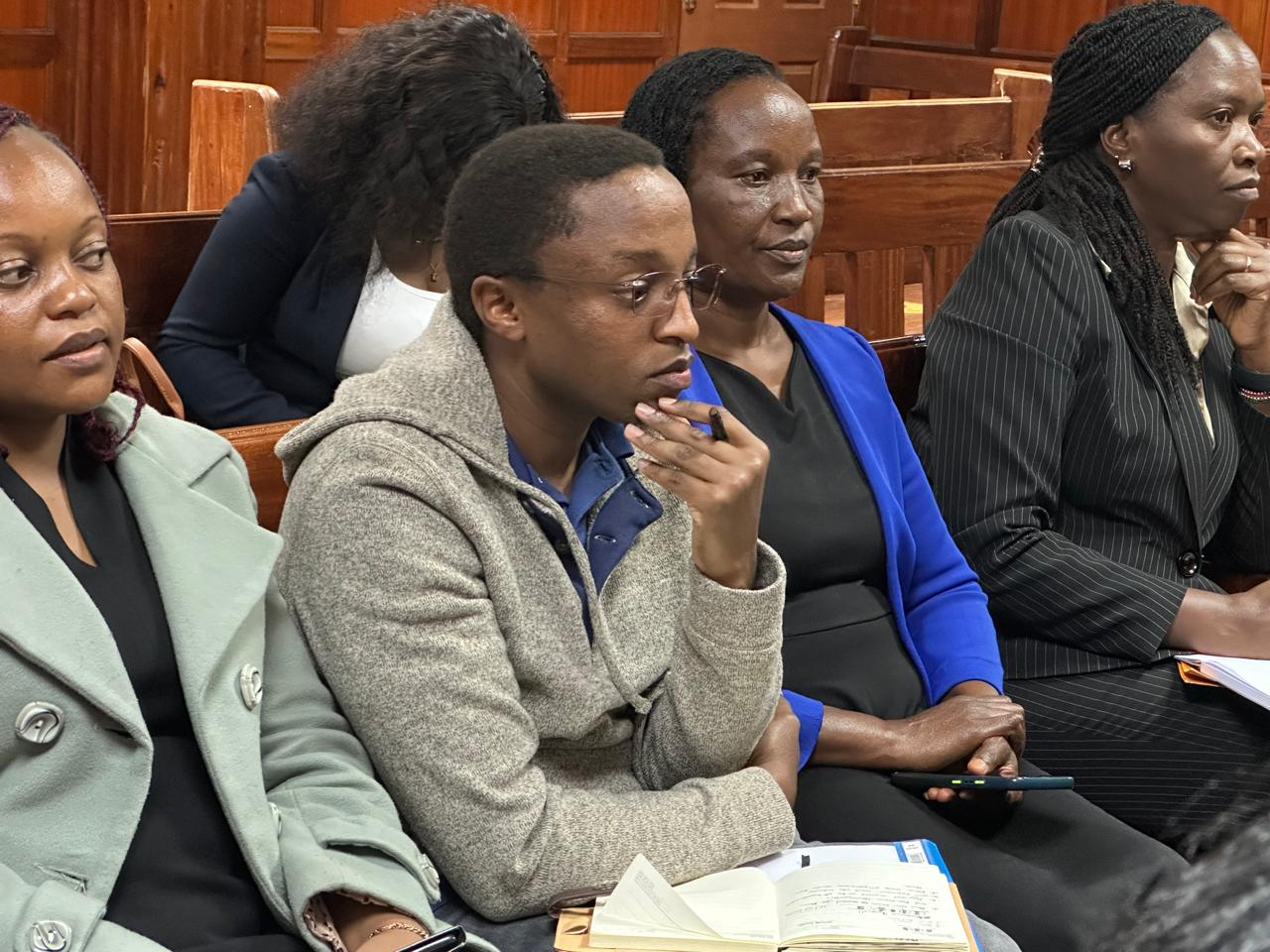IT expert Ndiangui Kinyangia, who was previously reported missing, was not abducted as earlier feared but had gone into hiding, citing fear for his life.
Through his lawyer, Senior Counsel Martha Karua, Ndiangui told the court that his decision to remain incommunicado stemmed from genuine apprehension, pointing to past cases where individuals allegedly abducted by police were later found dead.
“By going into hiding, it was the way any reasonable person would respond,” Karua submitted.
Ndiangui explained that during his absence he avoided using a phone and cut off communication, not to mislead the authorities or the public, but solely for safety reasons.
He further told the court that while he was away, police officers unlawfully gained access to his house, changed locks, and conducted a search without his consent.
Karua also defended Ndiangui’s mother, who had sought the intervention of the Law Society of Kenya (LSK), believing her son had been abducted.
She argued that the mother acted as any concerned parent would under such circumstances, given the recent spate of enforced disappearances.
The court acknowledged Ndiangui’s fears as genuine and ruled that his actions were not extraordinary under the circumstances. It further held that no blame could be attributed to the LSK, noting that the body acted in good faith on the family’s instructions.
“Court has taken into account…he went into hiding for fear of his life and the steps taken were not extraordinary,” Justice Chacha Mwita ruled.
With Ndiangui having resurfaced, the court ordered the matter closed and marked the petition as withdrawn. It also reminded the police of their duty to uphold the highest standards of human rights, stressing that Ndiangui should not face any harassment or torture.
Any future threats, the court said, could be addressed as and when they arise.












